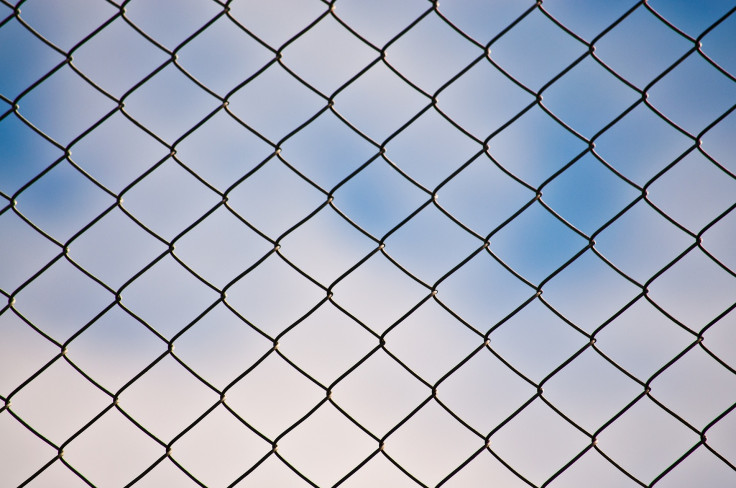Pakistan Court Frees Rapist After 'Agreement' To Marry Deaf Victim He Impregnated

KEY POINTS
- A man in Pakistan who was sentenced to life in prison for rape was freed Monday
- He married his victim in a settlement that was accepted by a court in the city of Peshawar
- The decision outraged rights activists, who argued that it legitimizes violence against women
A court in Pakistan freed a rapist earlier this week after he married his victim, his lawyer said.
Dawlat Khan, 25, was sentenced to life in prison by a lower court in the Buner district of Khyber Pakhtunkhwa province back in May for raping a deaf woman, AFP reported.
His unmarried victim delivered a baby earlier this year, and a paternity test proved he was the child's biological father.
However, Khan was released from prison Monday after the Peshawar High Court accepted an out-of-court settlement that the victim's family agreed to.
"The rapist and the victim are from the same extended family. Both families have patched up after an agreement was reached with the help of local jirga," Amjad Ali, Khan's lawyer, told AFP Wednesday.
The jirga is an assembly of elders that makes decisions according to the Pashtunwali, the social code of the Pashtun people.
These village councils in rural Pakistan, which are also known as panchayats, bypass the justice system even though their decisions have no legal value.
Rights activists were outraged by the decision, arguing that it legitimizes violence against women in a country where a majority of rape goes unreported.
"This is effectively the court's approval of rape and facilitation of rapists and rape mentality," Imaan Zainab Mazari-Hazir, a lawyer and human rights activist, said of the Peshawar High Court's decision to accept the settlement.
"It is against the basic principles of justice and the law of the land which does not recognize such an arrangement," she added.
The Human Rights Commission of Pakistan, for its part, said it was "appalled" by the ruling.
"Rape is a non-compoundable offense that cannot be resolved through a feeble 'compromise' marriage," the organization was quoted as saying in a statement.
Rape is reportedly difficult to prosecute in Pakistan, where women are often treated as second-class citizens.
Cases that go to trial have a conviction rate below 3%, according to the Asma Jahangir Legal Aid Cell, a group that provides legal assistance to vulnerable women.
The associated stigma has resulted in fewer cases being reported. Meanwhile, lapses during investigations, shoddy prosecutorial practices and out-of-court settlements also contribute toward the low conviction rates.

© Copyright IBTimes 2024. All rights reserved.




















